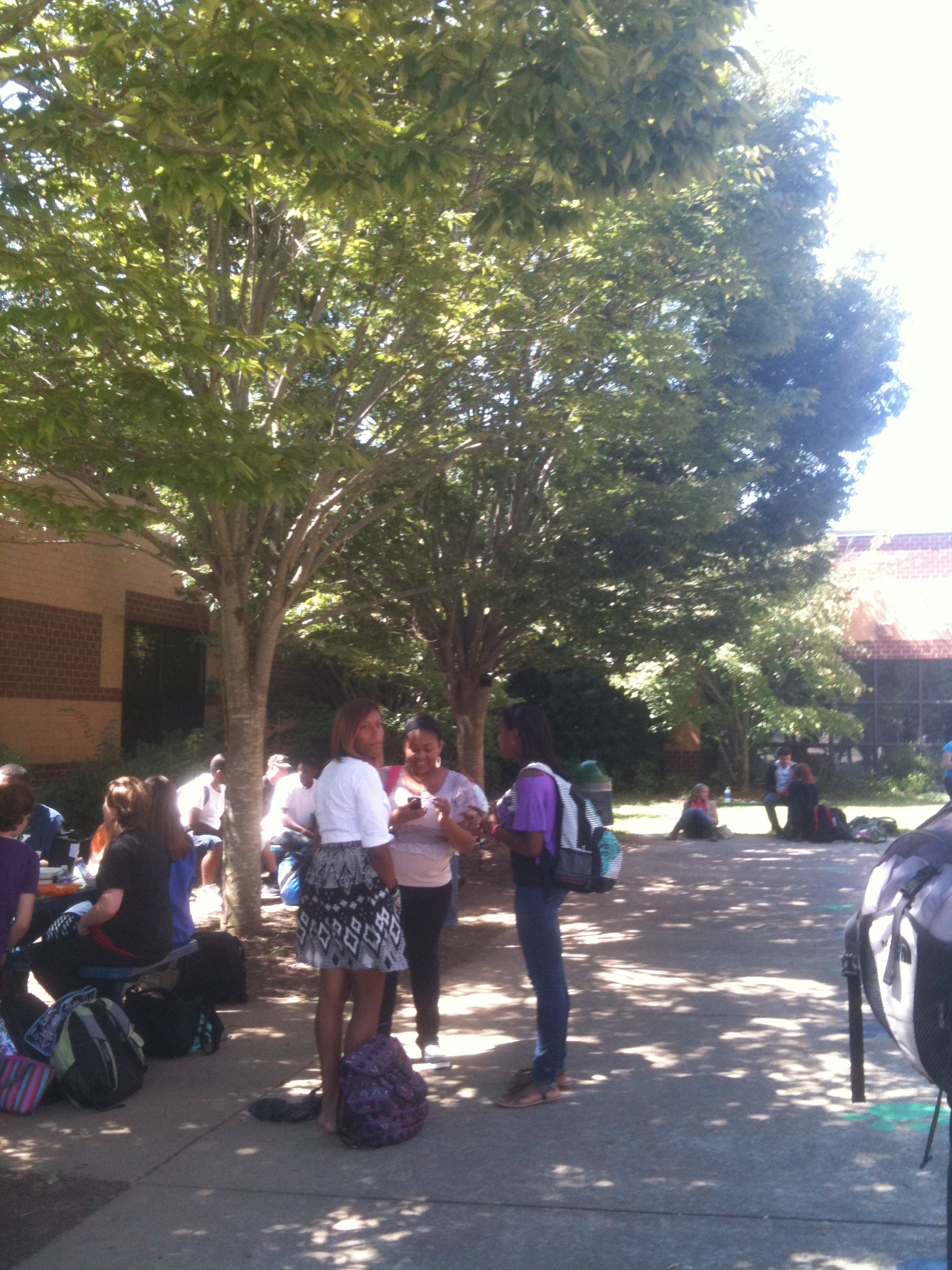
With the changing of seasons, allergies evolve and attack the senses of Leesville students. It is common to find students sneezing and coughing at campus during the allergy and flu season.
According to the Weather Channel, September through November marks the peak of the weed and pollen season. Raleigh’s weed and tree pollen counts have been high since late August and will continue to be so until late November.
The three most common types of pollens in the U.S. that cause trouble for most people come from trees, grass and weeds. While most pollens become a problem for people with allergies in March, it is not until the late fall when the population is relieved from pollen allergies.
The most common types of allergies here at Leesville range from pollen, dust and grass to peanuts and fruit. Ana Alanso, junior, battles with common environmental allergens along with peaches and fish.
To prevent bad allergy symptoms, some students are given allergy shots, or take Benadryl to prevent another absence from school and work. “I don’t take any medication or anything like that, but I do have an EpiPen [for emergencies],” said Alanso when asked how she keeps her allergies under control.
When going into anaphylactic shock, fast acting EpiPens are used. EpiPen users inject the single dose of epinephrine into their outer thigh. While EpiPens are not a substitute for seeing an emergency doctor, it does help until an emergency vehicle arrives. EpiPens have become life saviors for many with severe allergies.
Students who do not have to worry about allergies, such as Breanna Ramirez, can be found spending leisure time in the sun and in the courtyard. “[I usually] get a stuffy nose and sore throat when the pollen is really high in the spring,” said Ramirez, senior. Other than the typical spring symptoms, Ramirez remains allergy free.
While some students battle against allergies all their life, others only have to worry about the environmental nervous toxins in the spring. Everyone, however, has to worry about catching the flu this fall.

Leave a Reply